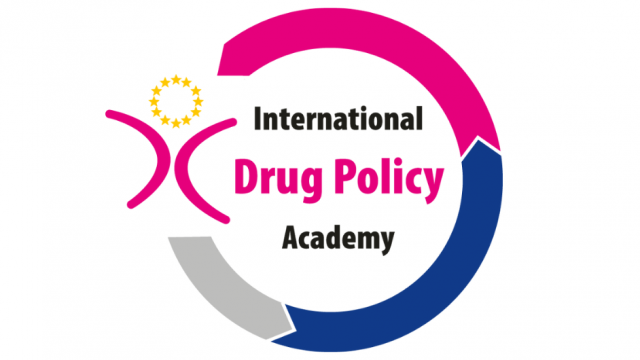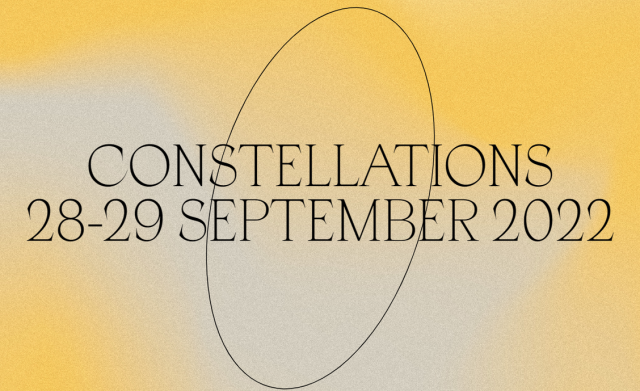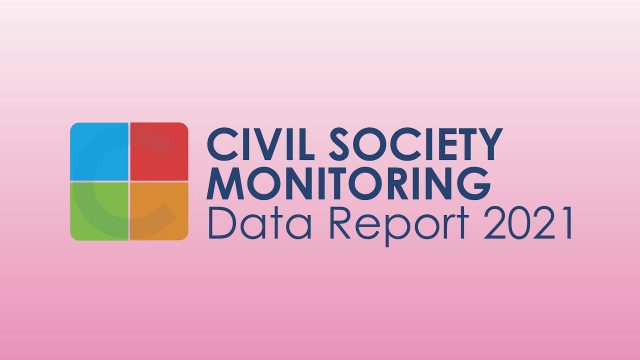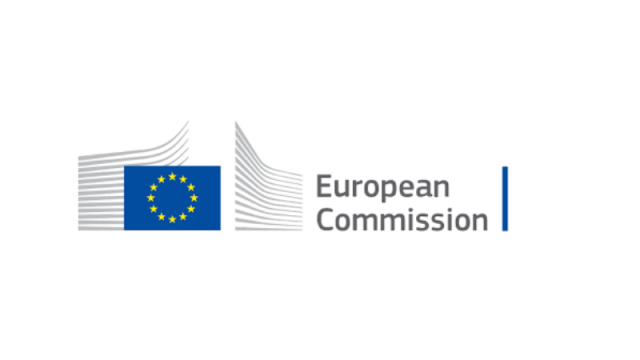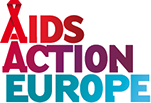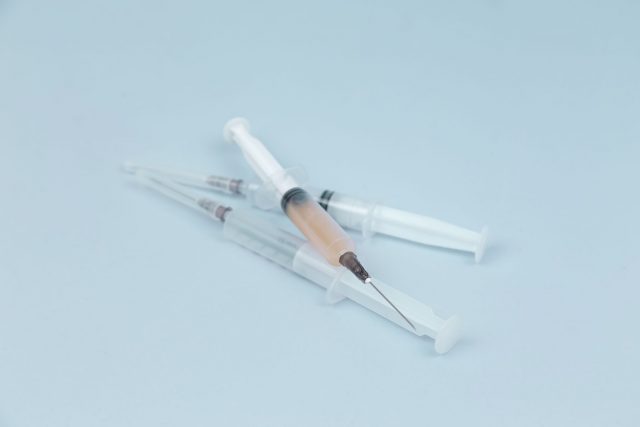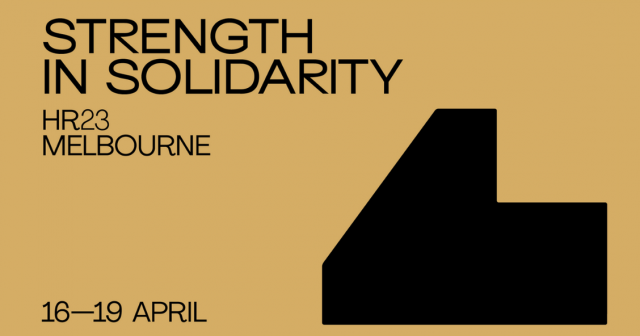Correlation’s research officer Iga Jeziorska attended CONSTELLATIONS: An Online Festival on Drugs and Harm Reduction, offering insights and reflections from the 2 days of films, presentations, workshops and discussions.
During the festival, an update on the situation in Ukraine and activities of Polish harm reduction organisations supporting the refugee PWUD were discussed. The situation is difficult, but the harm reduction community works tirelessly. Despite the terrible context of the war, people remain motivated and services are working well. In Poland, unprecedented levels of unity and solidarity could be seen not only in harm reduction, but also in the society at large, when Polish citizens got highly mobilised to help Ukrainian neighbours fleeing from war.
Eurasian Harm Reduction Association [EHRA] has been operating a crowdfunding campaign to support Ukrainian PWUD and activitsts with individual financial support and humanitarian aid. If you are interested and able to support the cause, the bank details for donations are the following:
Name of account holder: Eurazijos žalos mažinimo asociacija
Purpose: Charitable donation for community in Ukraine
IBAN: LT92 7180 3000 0770 0220
Bank name: AB Šiaulių bankas
BIC/SWIFT: CBSBLT26
The festival also featured two advocacy videos on drug consumption rooms by Drugreporter and INPUD:
Metzineres: From Survival to Fighting Back about Barcelona’s safe haven for womxn who use drugs and experience(d) violence. Metzineres offers a “full-spectrum” harm reduction approach, encouraging the dreams and passions of the womxn using their services to create a feeling of encouragement where the womxn can safely share stories and survival methods.

The second video was The Wall of Shame about the history of crack use in Paris and the need for opening a safe consumption site for people using it. The documentary explores the barriers in place preventing the development of a safe consumption space, and addresses the stigma and racial discrimination surrounding crack consumption in Paris.

The videos were followed by a very interesting discussion on the needs of PWUD, racial and sexual discrimination, and (in)effective policies.
The videos were followed by a session on arbitrary detention of marginalised groups, involving Dr Miriam Estrada-Castillo from the UN Working Group on Arbitrary Detention, who explained the methods of work of the group and encouraged to submit the appeals to the Working Group if experienced arbitrary detention. Interestingly, the Working Group works on the basis of the international human rights conventions (also, civil and social rights conventions, and Convention against Torture), with national codes being of little interest. Any person who experienced arbitrary detention (or their family or friends) can submit an appeal to the Working Group, regardless of the duration of the detention, the time that passed since a person was detained, or whether they are already free. If the Working Group confirms the arbitrariness of the detention, a person is entitled to financial compensation from the government. The Working Group’s decisions are legally binding. You can read more about the mandate and operation of the Group here.
Finally, there was a roundtable with Patriic Gayle and Leila Reid about chemsex harm reduction in Greater London, with storytelling on how the grassroots service Gay Men’s Health Collective has finally acquired funding, discussion on the specificity of work with people engaging in chemsex, and presentation of a harm reduction package, which will be distributed in the city in 20.000 copies very soon.

